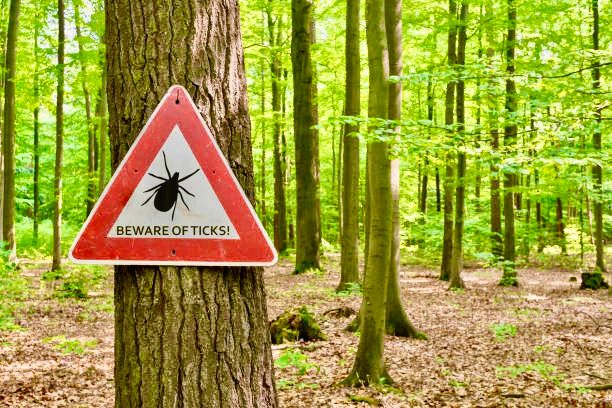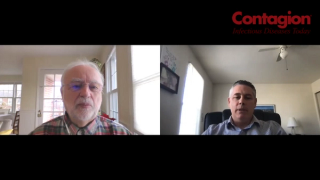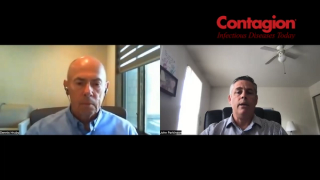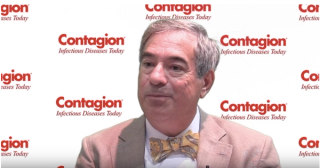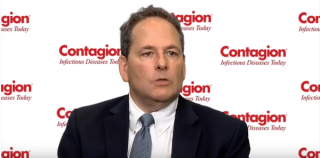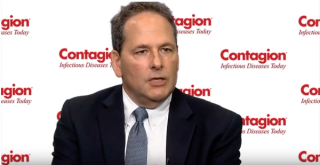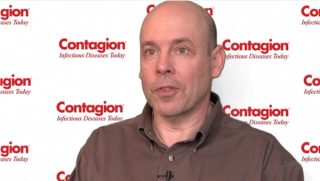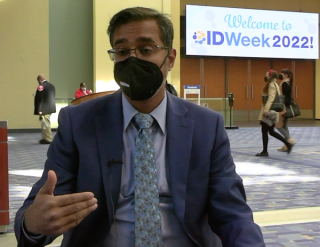
Zoonotic & Vector-Borne Diseases
Latest News

A Rise In Imported Malaria Cases Among US Travelers Returning From Malaria-Endemic Regions In 2023
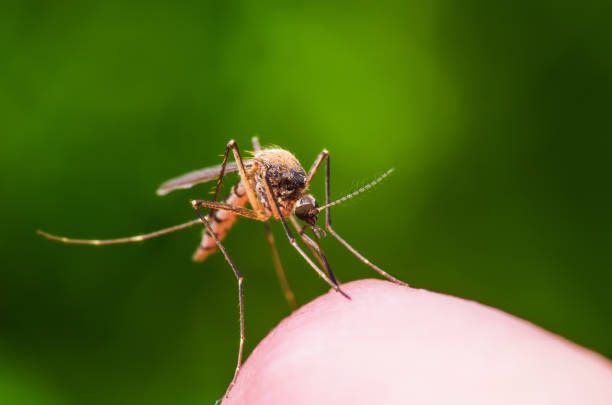
Jamestown Canyon Virus Emergence in North America Causing Neurological Issues
Latest Videos

CME Content
More News

Both the United Nations and World Health Organization (WHO) discussed the threat of H5N1, and its potential transmission to other mammals and humans.

The New York City Department of Health and Mental Hygiene reports a record amount of Leptospirosis cases, the zoonotic disease, from rat urine.

The case involves a man who had contact with wild monkeys.
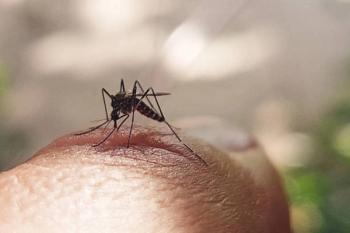
Rising dengue incidence in Puerto Rico signals broadening health concerns.

Phase 2 study of healthcare workers' safety in high-risk populations.

The assay, the cobas Malaria test, is manufactured by Roche, and will be available in the United States at the end of Q2 2024.
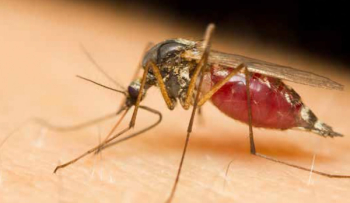
The increase highlights the threat posed by climate change and the need for innovative preparedness, prevention, and mitigation tools.
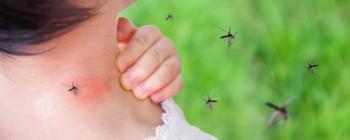
How acute malnutrition undermines Malaria in children under 5 years old.
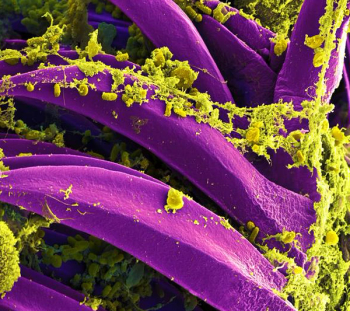
State health officials did not disclose the origin of transmission.
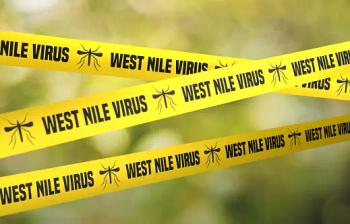
Climate change's role in the expanding threat of vector-borne diseases.
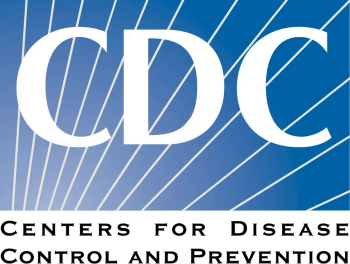
CDC addresses rising vector-borne diseases with an initiative to enhance public health protection.
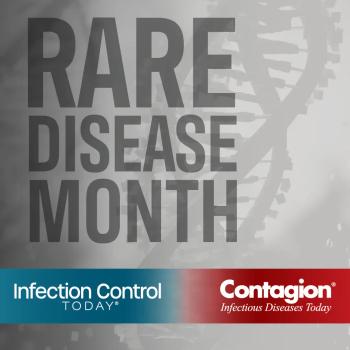
Over 1 billion people are estimated to be affected by 20 conditions of neglected tropical diseases (NTDs), though they are often unheard of by many. Heather Saunders, MPH, RN, CIC, delves into 5 of these diseases and discusses efforts to stop their spread.
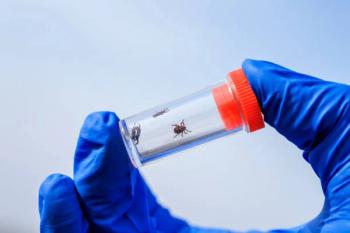
Trial demonstrates promising results for oral treatment towards the disease's vector.

Innovative treatments, challenging prevention, and impact of climate change.

The impact of the new surveillance criteria on case identification.
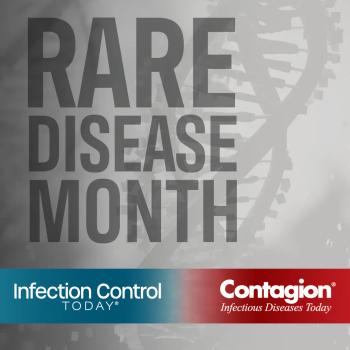
A senior microbiologist gives audiences of sister brands, Infection Control Today and Contagion, an insight into leishmaniasis, a potentially fatal disease.

Oregon resident catches plague through a cat-to-human transmission.
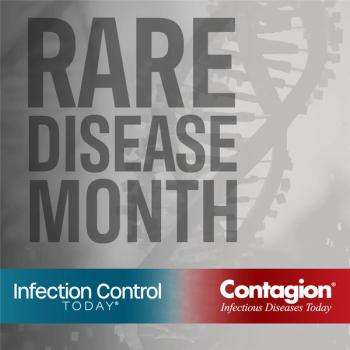
First victim of the Alaskapox Virus highlights the need for increased research.
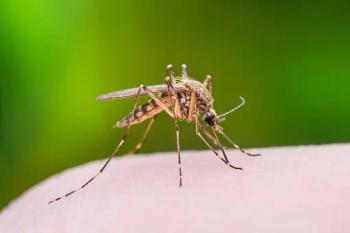
Study offers new insight into the relationship between Zika Virus and Dengue Virus in tropical regions.
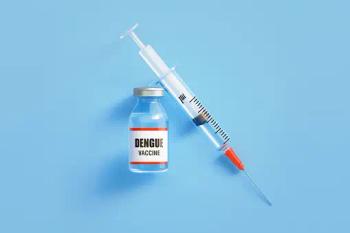
Phase 3 trial is highly effective in preventing symptomatic disease.
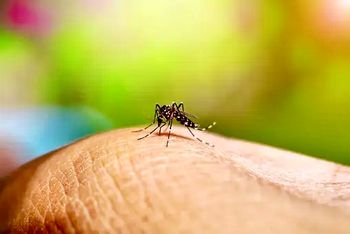
CDC's preventive strategies against the world's most prevalent mosquito-borne disease.

Study examines the complexity between human health and tick-borne diseases.

A new human trial aims to prevent the fatal, zoonotic-borne disease.

Valneva’s VLA1553 (Ixchiq) vaccine was shown to met its preliminary endpoint, with 98.9% of participants reaching protective levels of chikungunya virus neutralizing antibodies 1 month after vaccination.
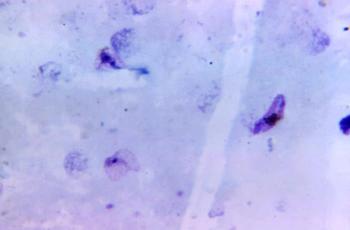
When implemented broadly, malaria vaccines can have a significant impact on public health.

